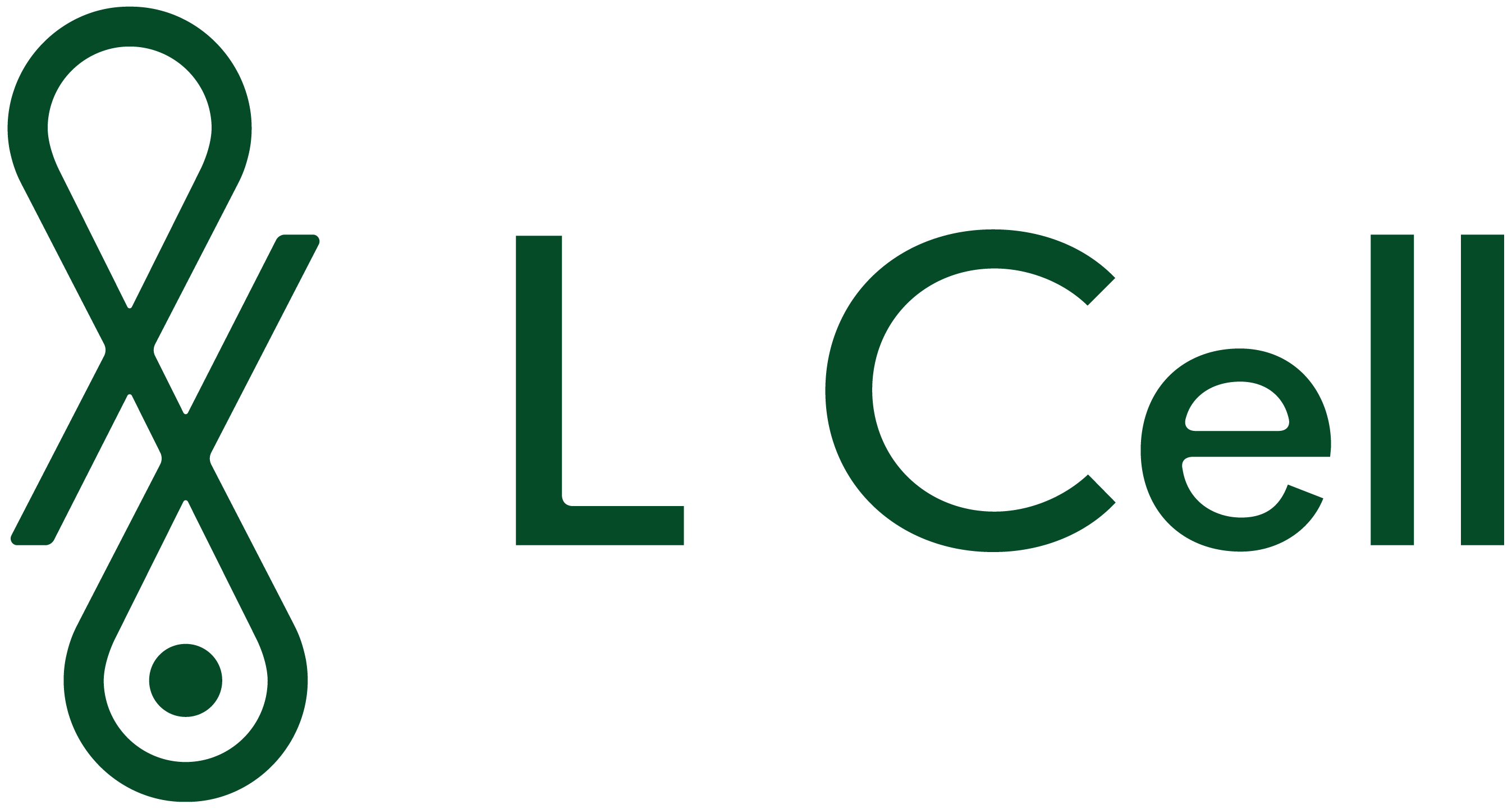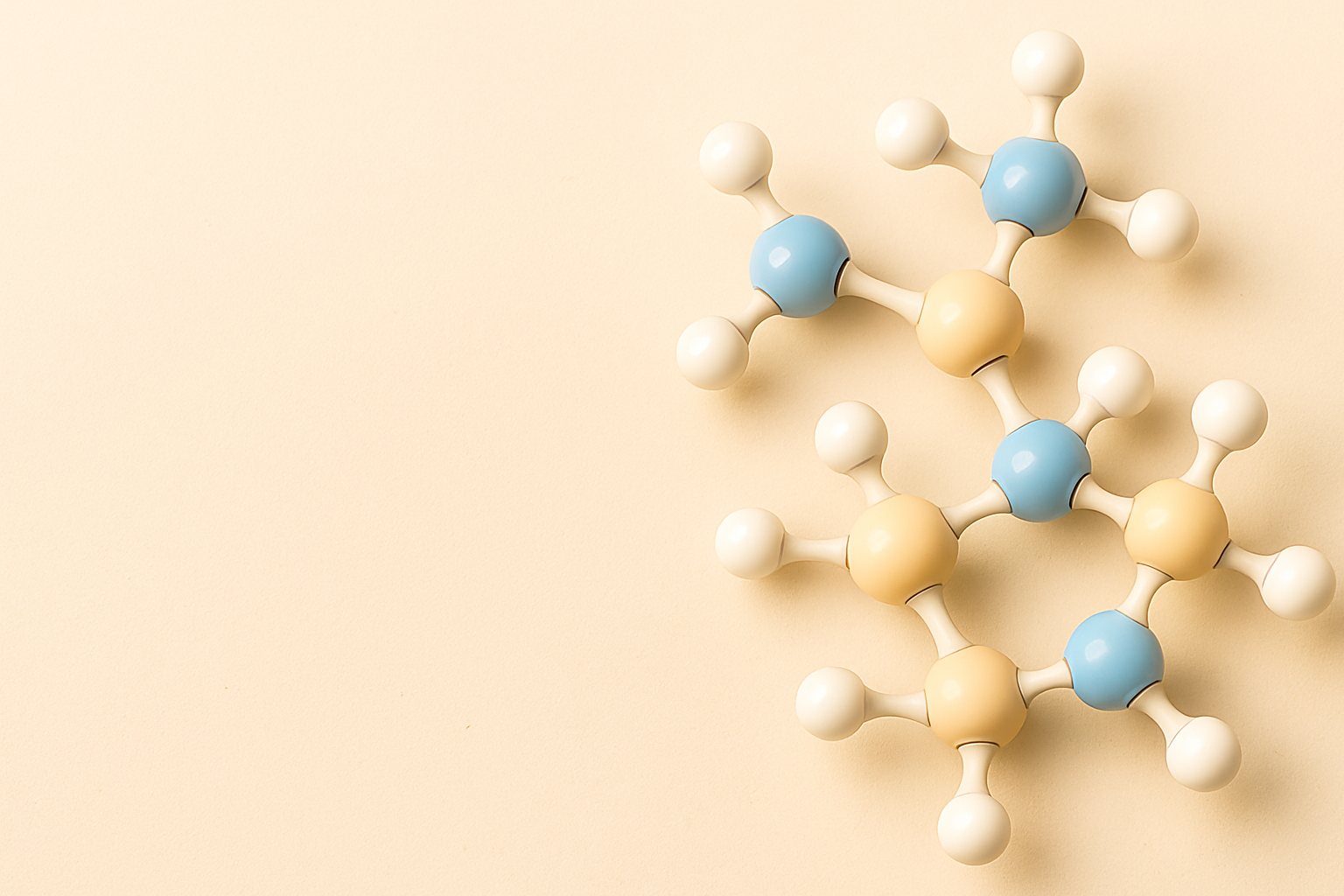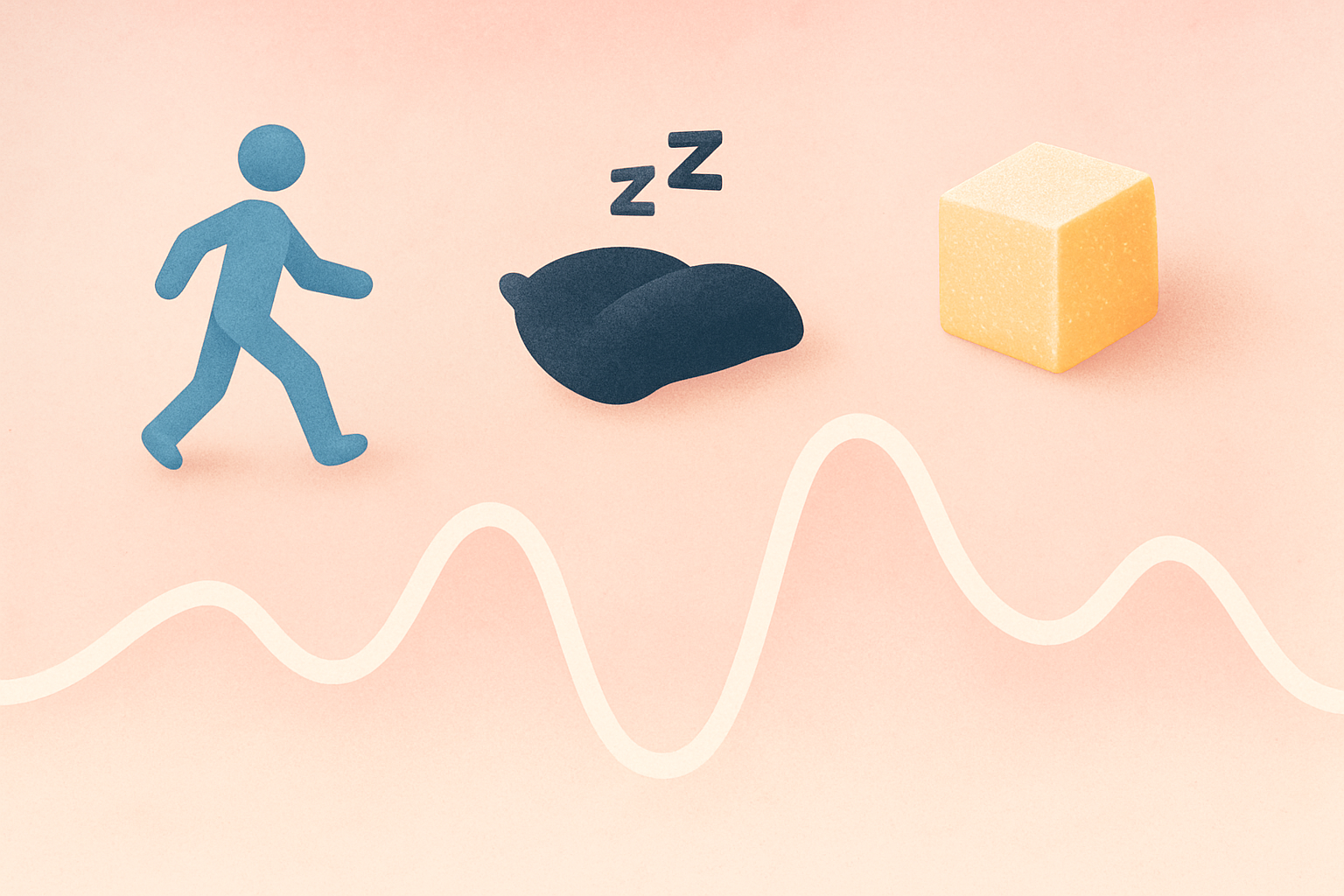
Why inflammation becomes chronic?
Inflammation itself is necessary - it’s the body’s way of defending against infection, repairing damage, and promoting healing.
But when this mechanism no longer turns off, the body enters a state of inflammatory imbalance, where defence turns into damage.
This process is usually triggered by:
- Chronic stress and elevated cortisol,
- Lack of sleep and nighttime wakefulness,
- Poor diet – excess sugar, refined carbs, bad fats,
- Toxin buildup due to pollution or liver overload,
- Natural aging, as cellular responses to damage weaken.
The body begins to fight “against itself,” and immune cells shift from protective to irritating.
This is known as “inflammaging” – one of the main drivers of biological aging.
Cellular inflammation: when the energy system falls out of balance
Inflammation affects cells from the inside. When the immune system constantly sends “fight” signals, the mitochondria — the cell’s “power plants” — start producing more free radicals. For a short time, this helps defense, but in the long term it causes oxidative stress:
cells become damaged, energy production drops, and DNA repair slows down.
The result:
- less ATP (the energy molecule),
- more cell death,
- faster aging.
This shows up both physically and mentally — difficulty concentrating, brain fog, chronic fatigue, or sensitive skin.
How to stop this process: three key directions
Chronic inflammation is not a life sentence. It’s a reversible process, if the body gets what it needs.
Three main directions:
-
Lifestyle calm.
Quality sleep, gentle movement (like walking or breathing exercises), and stress reduction lower the release of inflammatory signals. -
Nutritional balance.
More antioxidant-rich foods (green vegetables, avocados, nuts, berries) and less sugar or processed oils. -
Targeted nutritional support.
Certain compounds not only neutralize inflammation but also restore the cell’s ability to defend against oxidative stress.
L Cell products that help reduce inflammation
1. L Cell EGCG – Green Tea Extract
EGCG (epigallocatechin gallate) is one of the most studied natural molecules in anti-inflammatory science.
It suppresses the NF-κB pathway, responsible for inflammatory protein production, and protects mitochondria from oxidative damage.
EGCG also supports natural liver detoxification, reduces systemic inflammation, and can help regulate skin sensitivity.
→ View product
2. L Cell Fisetin – Advanced Anti-Inflammatory Flavonoid
Fisetin is known as a senolytic – a compound that helps eliminate “senescent” cells which send out inflammatory signals.
It reduces tissue inflammation, improves cell communication, and balances immune response.
This makes Fisetin helpful not only for inflammation prevention but also for cellular renewal, linking it closely to longevity nutrition.
→ View product
3. L Cell GlyNAC – Restoring Glutathione from Within
GlyNAC (a combination of glycine and N-acetylcysteine) helps the body produce glutathione – the main endogenous antioxidant.
Glutathione acts as a cellular shield against inflammation and toxins.
Research shows GlyNAC supports liver health, energy production, and reduces oxidative stress – one of the key causes of chronic inflammation.
→ View product
Inflammation is not the enemy – it’s the body’s language, signaling that balance has been disrupted.
But when it becomes a constant background state, the solution isn’t to suppress symptoms — it’s to act on the cellular level.
By reducing oxidative stress, strengthening mitochondria, and restoring glutathione balance,
we’re not just calming inflammation — we’re restarting the body’s natural source of vitality.




Leave a comment
This site is protected by hCaptcha and the hCaptcha Privacy Policy and Terms of Service apply.